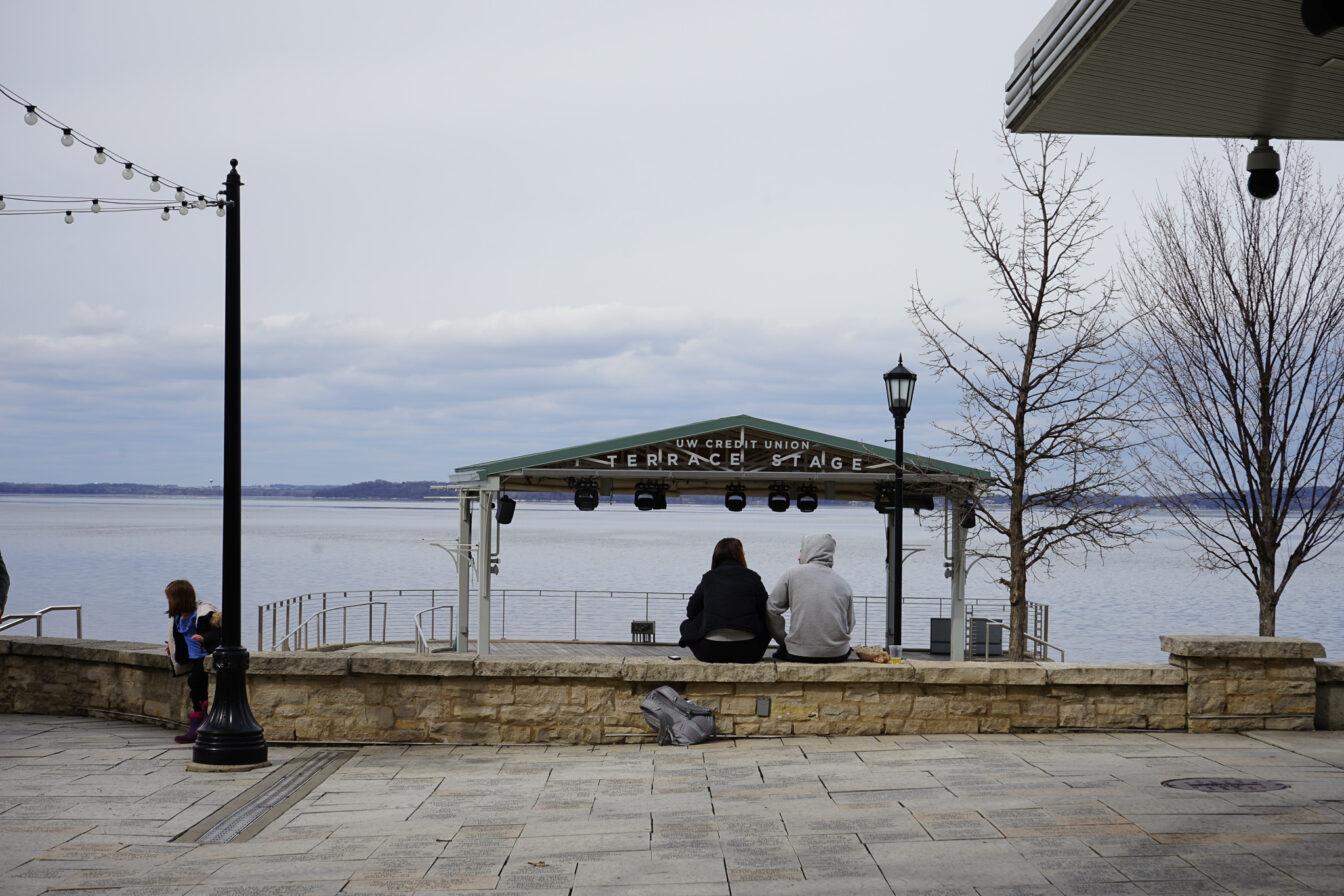Results from the University of Wisconsin’s 2021 Campus Climate Survey show a decrease in sense of belonging for marginalized students on campus.
Results from the 2021 survey indicated similarities with results from the 2016 Campus Climate Survey. According to the most recent results, students from underrepresented populations are less likely to feel they belong or are welcomed on the UW campus.
Of the general student population, 61% of respondents stated they feel they belong on campus, according to the results.
But fewer respondents who identify as members of marginalized groups indicated they feel a sense of belonging. Students of color, students with disabilities and students identifying as a member of the LGBTQ community are considered historically marginalized in the survey.
Director of the Office of Strategic Diversity Planning and Research James Yonker was one of the head researchers in the survey. The Campus Climate Survey is conducted every five years and is a valuable tool in assessing the needs and feelings of students, Yonker said.
“It’s always important for us to hear from our community,” Yonker said. “The student-wide campus climate survey is one of our most valuable tools to understand what students are experiencing and how we can make UW-Madison more inclusive for everyone.”
Results in some areas showed similarities between the 2016 and 2021 campus climate surveys, but some of the 2021 results showed decreased satisfaction from some students.
When evaluating survey results, the broader political and social background should be considered, Yonker said. The ongoing political and social turmoil of the past six years likely affected the survey results, according to Yonker.
“It’s hard to point to one thing as a simple explanation,” Yonker said. “The years since the 2016 survey have challenged everyone. The COVID-19 pandemic, issues of racial and social justice, an increasingly partisan political landscape — this is the broader context we must acknowledge.”
Not all changes between the 2016 and 2021 surveys were negative. The results from the 2021 survey showed an increase in the number of students who felt encouraged to value diversity after taking ethnic studies courses from about 50% in 2016 to 62% in 2021.
In a similar manner, students who responded to the survey noted this helped them notice and manage biases. Ethnic studies classes may be one factor which has contributed to this heightened awareness, according to Yonker.
“Since the 2016 survey, the University has conducted an extensive review of courses that fulfill the undergraduate ethnic studies requirement,” Yonker said. “We see that students find these courses significantly more useful than before. It is gratifying that this work is reflected in student experiences.”
UW freshman Dawson Arellano is a biracial first-generation college student and member of the LGBTQ community. Before his arrival to UW, Arellano had concerns regarding what the culture would be like.
“I was like ‘okay, it’s Wisconsin — not the most liberal place ever, but Madison is one of the most liberal cities,'”Arellano said. “Once I got here, it was very apparent that it wasn’t like that, and the people were cool.”
The multitude of identity-based discussion and support the university has to offer, such as clubs, classes and speakers have contributed to Arellano’s positive experience at UW.
“I come from the Chicago suburb area, and it’s very mixed how people feel concerning biracial people or queer people, so I really found support in friends,” Arellano said. “Coming to UW, where they very openly talk about their different communities on campus was already a huge improvement.”
Undergraduate students over the age of 24 also indicated a lower percentage of belonging in the survey. Of respondents, older undergraduate students reported they had a less positive experience on campus, according to survey results.
Twenty-five-year-old computer science major Emma Karbusicky said she’s been mostly satisfied with her experiences as an older undergraduate student at UW. But, Karbusicky would like professors to be more cognizant of their students’ ages and not relate material to a strictly freshman perspective.
Karbusicky came to UW to pursue a degree in computer science after already having received an undergraduate diploma — she almost did not attend because of her insecurities about being a slightly older undergraduate student.
“One of the big reasons I almost didn’t go to UW is because I was worried that I was going to feel super left out or that I had a lot of shame when I first got accepted,” Karbusicky said. “I was so worried at first but really now it doesn’t bother me at all, and I’m so happy I stuck with it and have continued until now. I would encourage people to just not worry about being a nontraditional student.”
Results from the survey are used by UW to understand how to best cater services to the student body, Yonker said.


